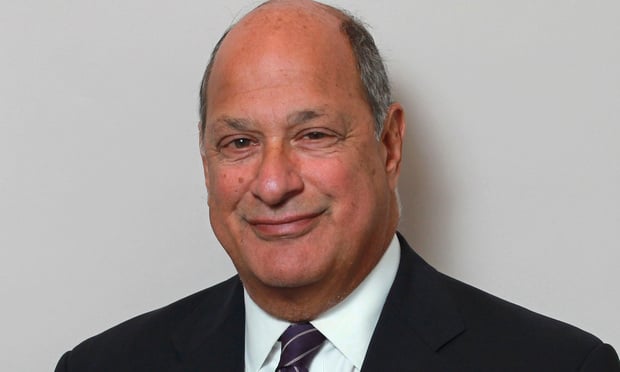As a local state court judge in North Carolina, before becoming a U.S. Senator, the late Sam Ervin was empaneling a jury for a case he was about to try. Reportedly, a potential juror approached the bench to ask that he be excused from jury duty, saying he was hard of hearing in one ear. Judge Ervin excused the juror, but asked him to remain at the courthouse: “I’m selecting a grand jury this afternoon, and they only hear one side of the story anyway.”
It’s hard to know if the story is apocryphal. Either way, though, the gist is absolutely true. As not only the cognoscenti know, a grand jury presentation is only a charging proceeding—it’s not about whether the target is guilty, not guilty or even innocent. It’s only about whether there is sufficient evidence to bring the accused to trial. So when I asked the prolific Pace Law Professor Bennett Gershman, author of “Prosecutorial Misconduct,” whether he had written on “the ethics of a one sided grand jury presentation,” he simply quipped: “Isn’t that an oxymoron?”


 Joel Cohen
Joel Cohen




